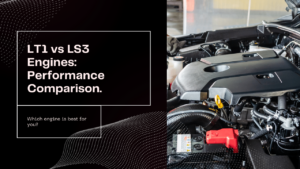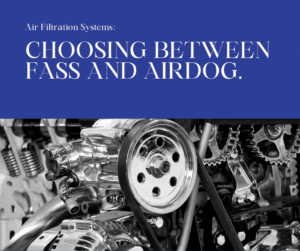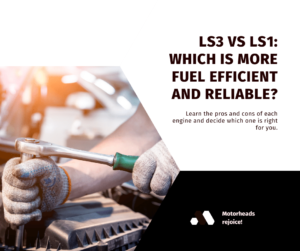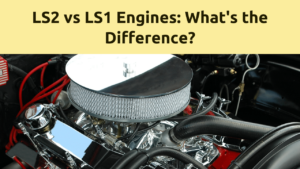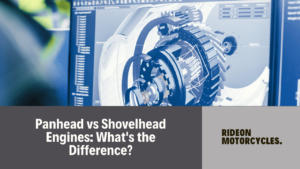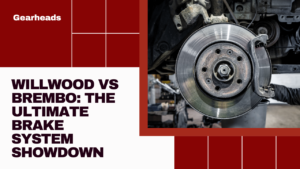Contents
- Introduction
- The LS1 vs. LS3: A Battle of Horsepower and Legacy
- LS1 vs. LS3 – An Overview
- Performance Comparison
- Reliability and Durability
- Fuel Efficiency
- FAQ
- Q: Which engine is more suitable for a sports car?
- Q: Are LS1 engines still relevant today?
- Q: Can I swap an LS3 engine into a vehicle originally equipped with an LS1?
- Q: Which engine is more cost-effective to maintain?
- Q: Are there aftermarket upgrades available for both engines?
- Q: Can you turbocharge or supercharge either of these engines?
- Conclusion
Introduction
When it comes to choosing the right engine for your vehicle, the LS series by General Motors (GM) has been a popular choice among automotive enthusiasts. Two standout options in this series are the LS1 and LS3 engines. In this article, we will dive deep into the world of engines and compare the LS1 and LS3, aiming to answer the burning question: Which Engine Reigns Supreme? LS1 or LS3.
The LS1 vs. LS3: A Battle of Horsepower and Legacy
Both the LS1 and LS3 are legendary V8 engines from General Motors, known for their power, reliability, and tunability. But which one reigns supreme? It depends on your priorities:
| Feature | LS1 (1997-2005) | LS3 (2007-2013) |
|---|---|---|
| Horsepower: | 345-405 hp | 400-430 hp |
| Torque: | 350-400 lb-ft | 405-425 lb-ft |
| Acceleration (0-60 mph): | 4.2-4.8 seconds | 4.0-4.5 seconds |
| Top Speed: | 185-195 mph | 190-200 mph |
| Refinement: | Less refined, louder exhaust note | More refined, smoother operation |
| Fuel Economy: | Lower (16-20 mpg combined) | Slightly better (17-22 mpg combined) |
| Availability: | More common and affordable | Less common and pricier |
| Tunability: | Highly tunable and responds well to modifications | Highly tunable, but potential power gains might be more expensive |
| Legacy: | Iconic engine with a passionate fanbase | Newer and more powerful, but lacks the same historical significance |
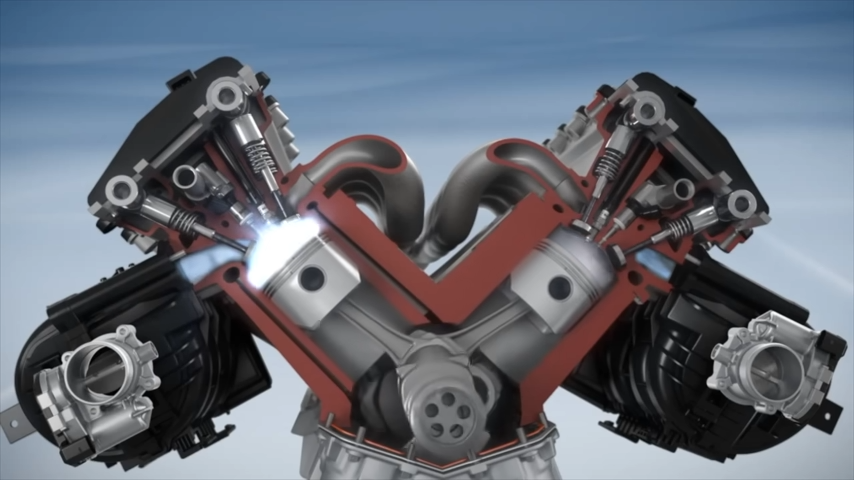
Additional Considerations:
- Specific model year and trim level: Both engines have variations in power and features depending on the specific car they’re fitted in.
- Transmission: The LS1 was often paired with a 5-speed automatic or 6-speed manual, while the LS3 typically came with a 6-speed automatic or manual.
- Personal preference: Do you prioritize historical significance and raw power, or prefer modern refinement and smoother performance?
Overall:
- LS1: Ideal for those who value affordability, legacy, and the raw, visceral driving experience.
- LS3: Perfect for those who prioritize pure power, modern refinement, and fuel efficiency improvements.
LS1 vs. LS3 – An Overview
Let’s begin our exploration by providing an overview of the LS1 and LS3 engines. Both are part of the GM LS series, known for their V8 configurations and impressive power. However, there are several distinctions that set them apart.
LS1: The Classic Powerhouse
The LS1, introduced in 1997, was a groundbreaking engine for its time. Known for its lightweight design and excellent power-to-weight ratio, it quickly gained popularity among car enthusiasts. This engine features a 5.7-liter displacement and delivers around 350 horsepower and 365 lb-ft of torque.
LS3: The Modern Marvel
In contrast, the LS3 is a more recent addition to the LS family, debuting in 2008. It boasts a larger 6.2-liter displacement, offering more muscle with approximately 430 horsepower and 424 lb-ft of torque. The LS3 represents a significant evolution in engine technology, with advancements in both power and efficiency.
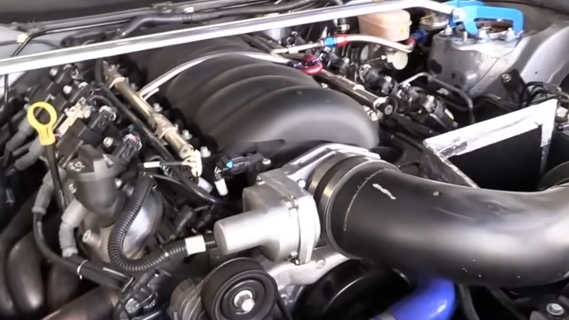
Performance Comparison
One of the primary considerations when choosing between these engines is their performance. Let’s take a closer look at how the LS1 and LS3 stack up in this aspect.
LS1 Performance
The LS1’s performance is no slouch, especially for its time. It provides ample power for a thrilling driving experience, making it a favorite for various car models. Whether you’re cruising on the highway or hitting the racetrack, the LS1 can deliver impressive acceleration and speed.
LS3 Performance
On the other hand, the LS3 takes performance to the next level. With its larger displacement and advanced engineering, it outpaces the LS1 in terms of sheer power. The LS3-equipped vehicles offer exhilarating acceleration, making it a preferred choice for high-performance applications.
Reliability and Durability
Reliability is a crucial factor when it comes to engines. Let’s assess how the LS1 and LS3 fare in terms of reliability and durability.
LS1 Reliability
The LS1 is renowned for its robust build quality and longevity. Many LS1 engines have crossed the 200,000-mile mark with minimal issues, showcasing their durability. Regular maintenance and proper care can keep an LS1 running smoothly for years.
LS3 Reliability
The LS3 continues the tradition of reliability set by its predecessor. Its modern design incorporates improved components and materials, further enhancing its durability. LS3 engines are known to withstand demanding driving conditions, making them a trustworthy choice.
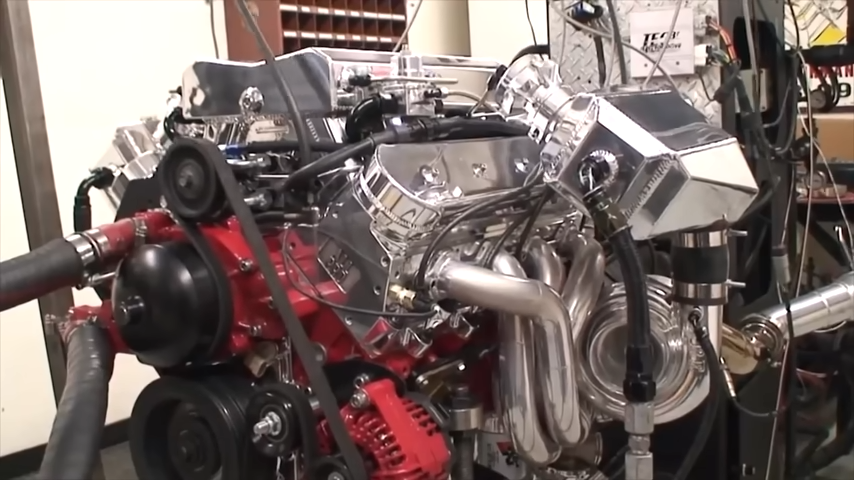
Fuel Efficiency
In today’s environmentally conscious world, fuel efficiency is a significant consideration. Let’s compare the fuel efficiency of the LS1 and LS3.
LS1 Fuel Efficiency
While the LS1 offers decent fuel efficiency for a V8 engine, it may not be the most economical choice, especially for daily commuting. It’s more oriented towards performance, and its fuel consumption reflects that.
LS3 Fuel Efficiency
The LS3, while being a powerhouse, manages to strike a balance between performance and fuel efficiency. Thanks to its advanced fuel management systems, it can deliver respectable mileage for its class, making it a practical option for daily drivers.
FAQ
Q: Which engine is more suitable for a sports car?
A: If you’re building a sports car and crave maximum performance, the LS3 would be the ideal choice due to its higher horsepower and torque.
Q: Are LS1 engines still relevant today?
A: Yes, LS1 engines still hold their own in the automotive world, especially for those looking for a reliable and budget-friendly V8 engine.
Q: Can I swap an LS3 engine into a vehicle originally equipped with an LS1?
A: Yes, it’s possible to perform an engine swap from an LS1 to an LS3 with some modifications. However, it’s essential to consult with experts to ensure compatibility.
Q: Which engine is more cost-effective to maintain?
A: The LS1 is generally more cost-effective to maintain due to its older technology and widespread availability of parts.
Q: Are there aftermarket upgrades available for both engines?
A: Yes, both LS1 and LS3 engines have a plethora of aftermarket upgrades available, allowing enthusiasts to customize their performance to their liking.
Q: Can you turbocharge or supercharge either of these engines?
A: Both the LS1 and LS3 can be turbocharged or supercharged to increase their power output significantly.
Conclusion
In the battle of LS1 vs. LS3, the winner depends on your specific needs and preferences. If you value a balance between power and efficiency, the LS3 may be your top pick. On the other hand, if you’re on a budget and seek a reliable V8 engine, the LS1 still has a lot to offer. Ultimately, the supremacy of either engine is in the eye of the beholder, and both have their merits. So, when choosing between the LS1 and LS3, consider what matters most to you and your vehicle’s intended use.
============================================
Affiliate Disclosure: As an Amazon Associate, I earn from qualifying purchases made through links on this site.



